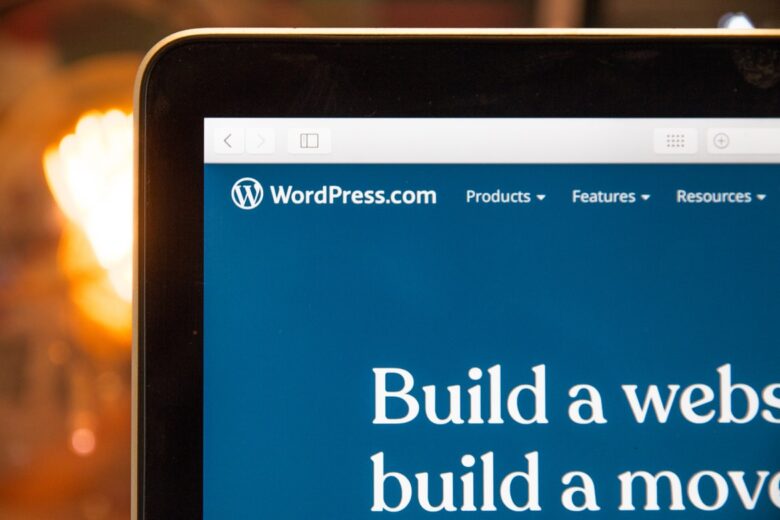4.45 billion. That’s the number of internet users worldwide. Furthermore, two out of three people want to visit websites that look pleasant.
A website builder allows you to design such websites without using a single line of code. However, how to know which website builder to choose? If you are asking the same, this guide is for you.
In the next five minutes, learn everything you need to consider to choose the best free website builder.
1. Know the purpose of your website

Do you want your website to be image-heavy? Will you sell your products or services? Would you want visitors to book sessions with you? Finding out the answers will help you choose the best free website builder.
Furthermore, think about how you would want visitors to contact you. Would you like the visitors to email you? Would you want to create a contact form?
Would you want to upload videos directly to your site or embed YouTube videos?
Figure out whether you are building the website to gain visibility or to monetize your business.
A portfolio site is different from an e-commerce store. Thus, your choice of a free website builder should depend on your purpose.
2. What are the features you want?
A website builder can offer basic features such as a dedicated blog, a contact form, and social media integration. A more extensive website builder can offer advanced features including custom forms, pop-ups, an online store, and subscription boxes.
Decide what features you want. Furthermore, you can even need to add your own code as well. Find out if the website builder offers such an option.
Check if the website loads within three seconds. 83% of users want the same. Furthermore, slow loading websites cost companies $2.6 billion in revenue each year. You won’t want visitors to leave because your site took too long to load, right?
3. Mobile responsiveness — you can’t do without it

People spend 70% of their time on the internet on mobiles. Furthermore, 74% of users return to a mobile-friendly website.
Google offers mobile-first indexing for both desktop and mobile search. Thus, if your website is not mobile-friendly, the site won’t rank better on desktop searches as well.
Thus, choose a website builder offering mobile-responsive web pages. You won’t want to lose 54.8% of web traffic, would you?
On a mobile-responsive webpage, you can:
- Read texts without zooming in
- You won’t need to scroll horizontally
- You will find enough space for tap targets
4. Is the website builder equipped with SEO features?

Imagine this scenario. You have designed a website with stunning images. The blog content is rich in information. Your products and services are of top quality. However, your site never shows up on the first page of Google search.
Create a website with a website builder that is optimized for SEO. But can you not work on SEO after your site is live? Here is why you should not.
After you launch your site, Google puts the site into a ‘sandbox’ for two months. This is when Google’s bots decide whether they should trust your site.
If Google sees the website is optimized for SEO, the site will earn the search engine’s trust. The result? The site ranks better on Google searches.
5. Check for e-commerce readiness

Data from Statista predicts e-commerce sales will surpass $740 billion by 2024. Enough reason to launch an online store for your business?
Check if the free website builder offers an in-built online store. If not, find out if the website builder supports e-commerce plugins such as WooCommerce.
Go for e-commerce compatibility even if you are not selling a product or service online. If you choose to sell in the future, you won’t want to change the website builder as that would translate into extra efforts and money.
6. Options for third-party plugin integration
Imagine this scenario. You want to add Yoast SEO so your site ranks better on search engines. Furthermore, you want to integrate WooCoomerce for launching an e-commerce store. However, the website builder does not allow any third-party plugin integration.
Third-party plugins offer a better customer experience and detailed insight into customer behavior.
If you want to build these features without plugins, you need to pay a web developer thousands and wait for months. Thus, choose a website builder that offers third-party plugin integration.
7. What do the customers say?

What do you see in common when you visit different website builder sites? Each website builder claiming they are the best in the market. The credibility of such a statement is similar to the new year resolutions we take.
Thus, check customer reviews. You can find the reviews on the website builder’s site. However, take these reviews with a pinch of salt as they can be paid. Thus, check reviews on third-party websites as well.
You can ask questions on social media as well. Furthermore, you can search on Google and read reviews there as well.
Furthermore, check if the company has years of experience as well. While there is nothing wrong with a new company, you can never beat the value of experience.
8. How much customer support will you get?

You can have issues adding a video gallery to your website. Your website can keep showing an error message. Customer support offers the perfect solution for each issue you cannot handle.
Check the ways you can get help. Do you need to fill up a form and wait for the customer support team to reply? Can you call the customer support team? Does the website builder offer 24X7 chat support?
Furthermore, check if the website builder has a dedicated FAQ or Help section as well.
Identifying your needs is the key
Each website builder offers something unique. Thus, you need to identify what you want from your website. When you are clear about your needs, the selection becomes easy.
Source: https://www.webbuildersguide.com/best-website-builder/free/


